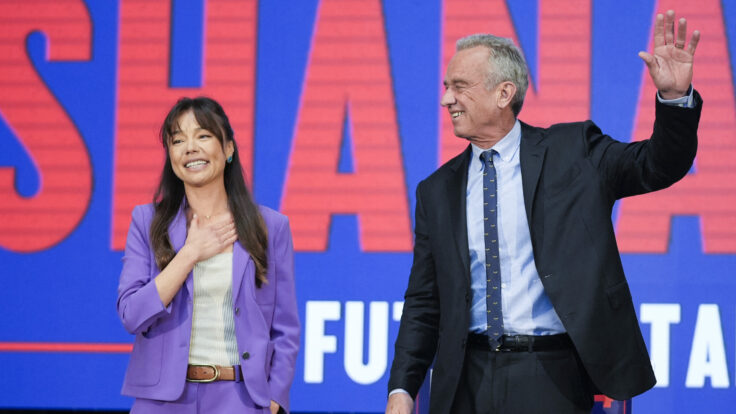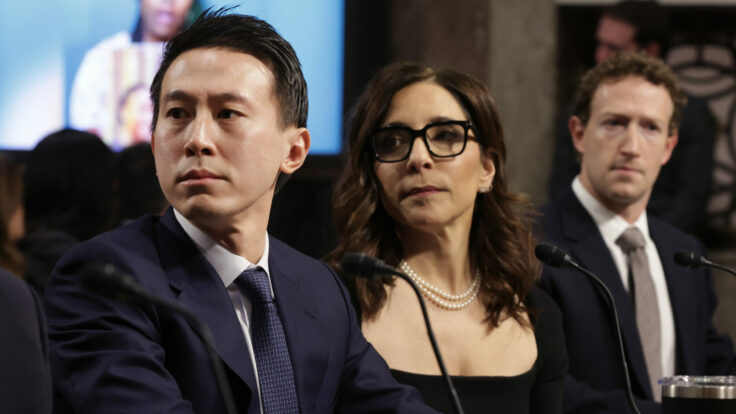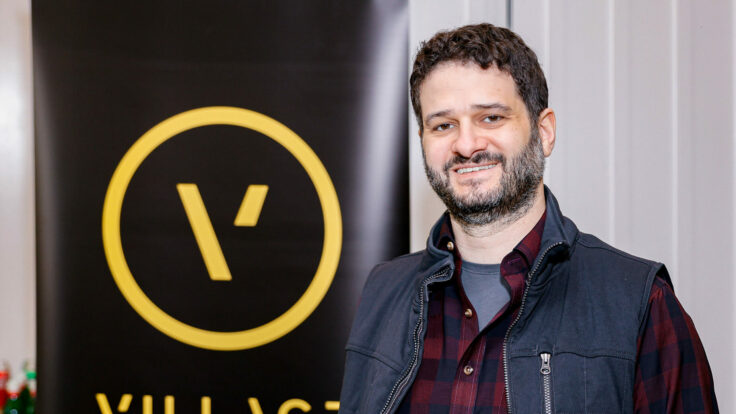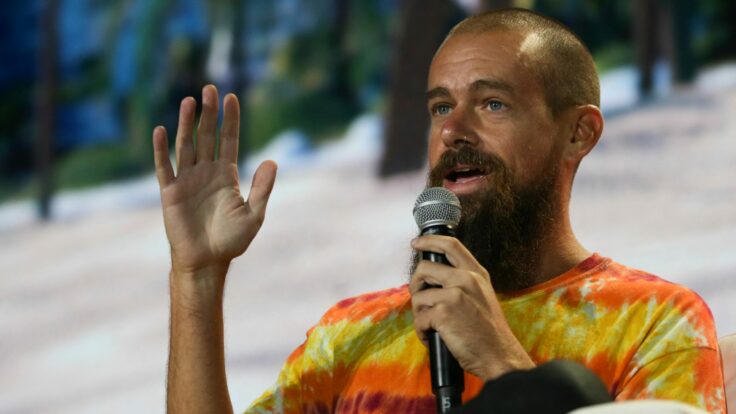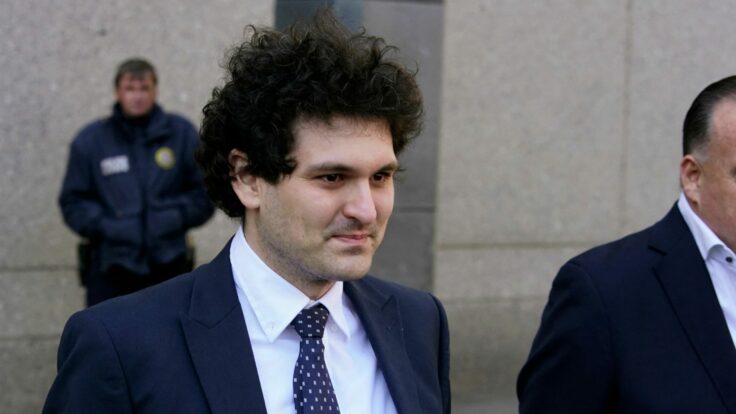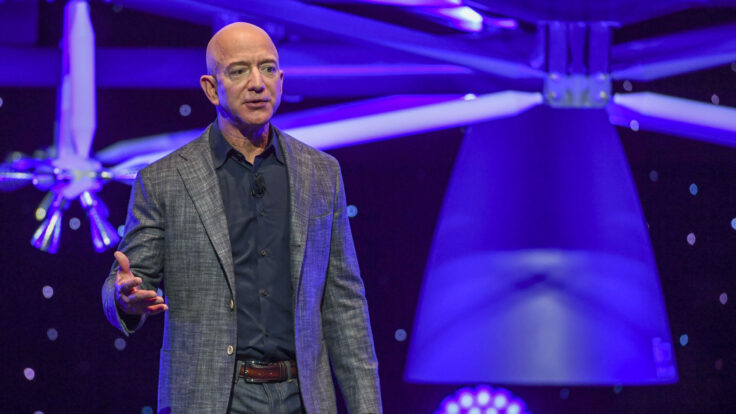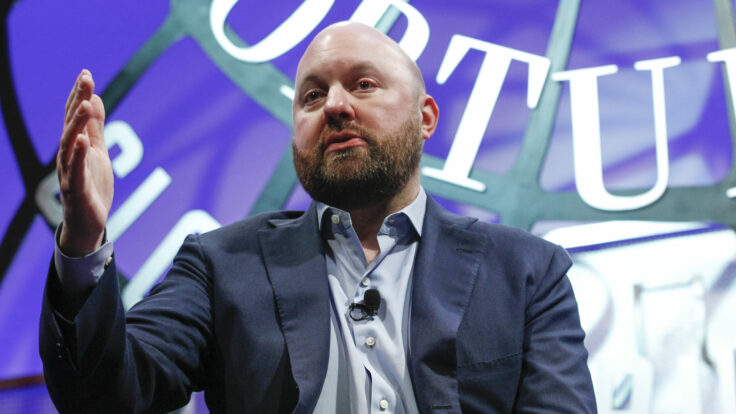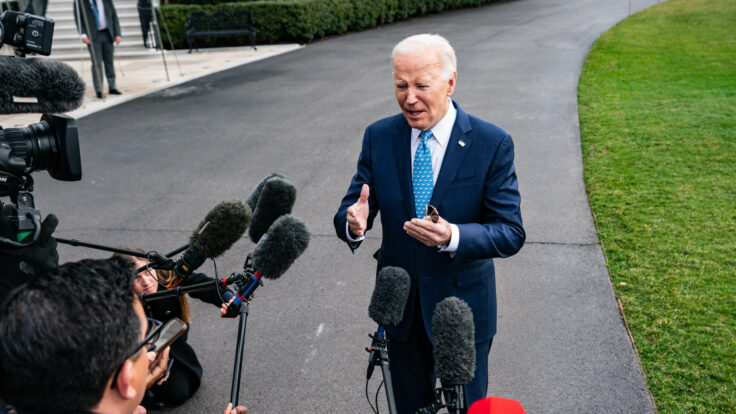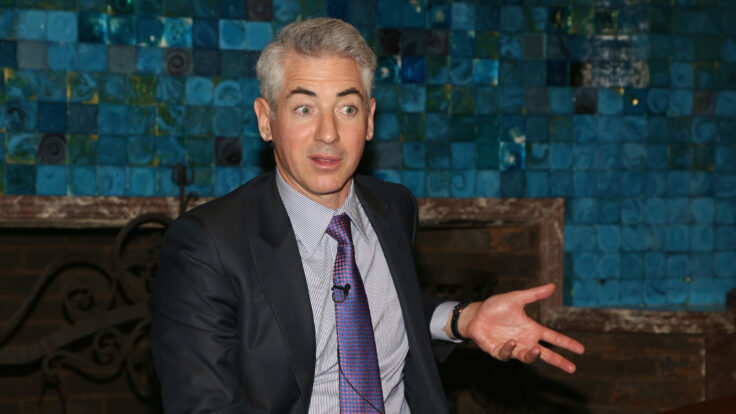Sam Bankman-Fried has given nearly a dozen public interviews, on nearly every media platform imaginable, in the month since FTX filed for bankruptcy, all against the advice of his lawyers. Bankman-Fried, after all, is under investigation for misappropriating billions of dollars of his own customers’ deposits to fund risky bets by his trading firm, Alameda Research, which it then lost. Meanwhile, Alameda extended S.B.F. a personal loan for some $1 billion. Countless people, from amateur crypto traders to institutional investors, have lost a fortune.
I can understand why some people worry that S.B.F. is being given too much license to author his own narrative. His ubiquitous, Buttigieg-esque P.R. strategy has offered the media some extraordinary human theater. In conversation, S.B.F. is meek, halting, and sad, but also prone to startling evasion and dissembling when asked about specifics, like what happened at Alameda, or whether he is worried about going to jail. He comes across as deceptively well-produced in a homespun way, as if he were a kid who got in over his head and is really, really sorry about what happened.









